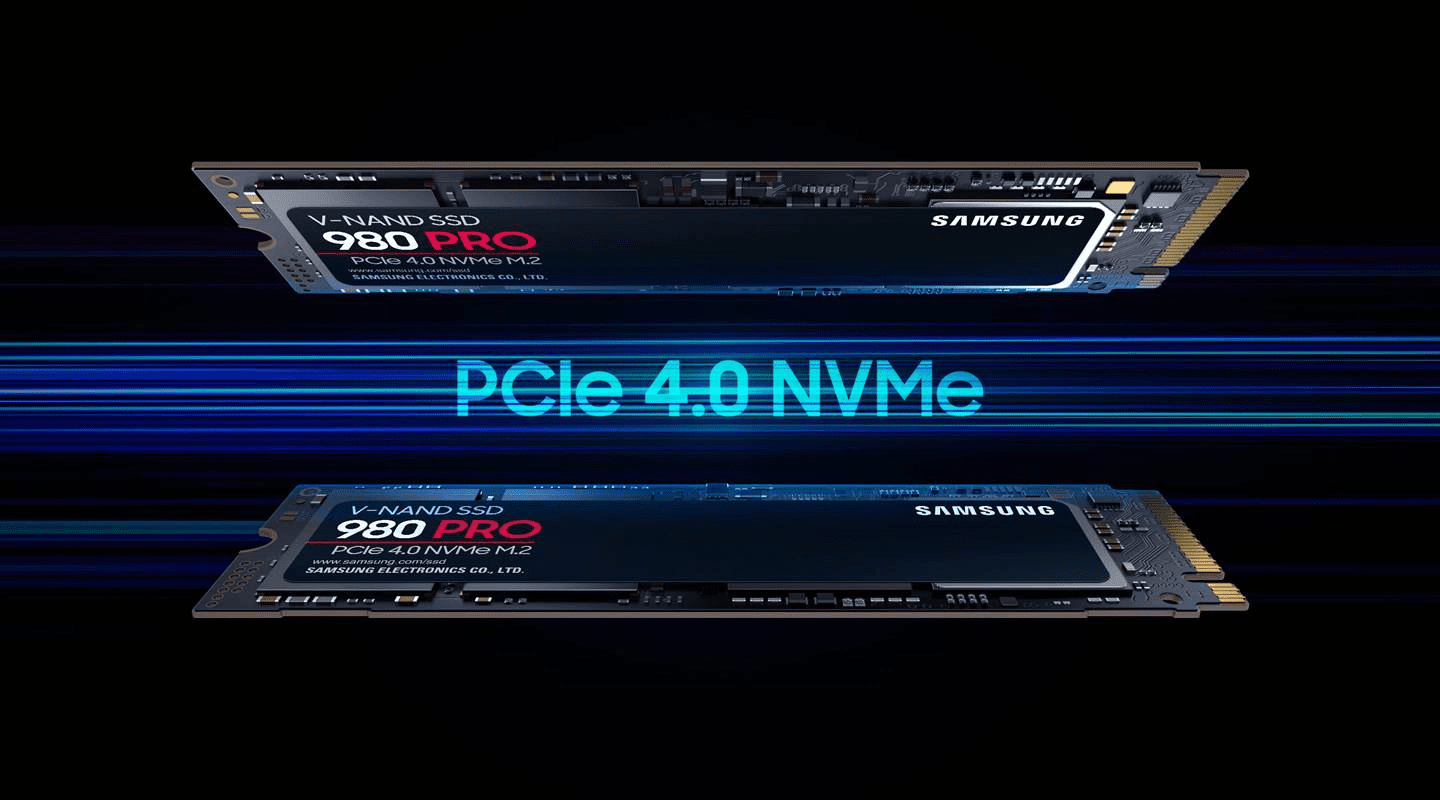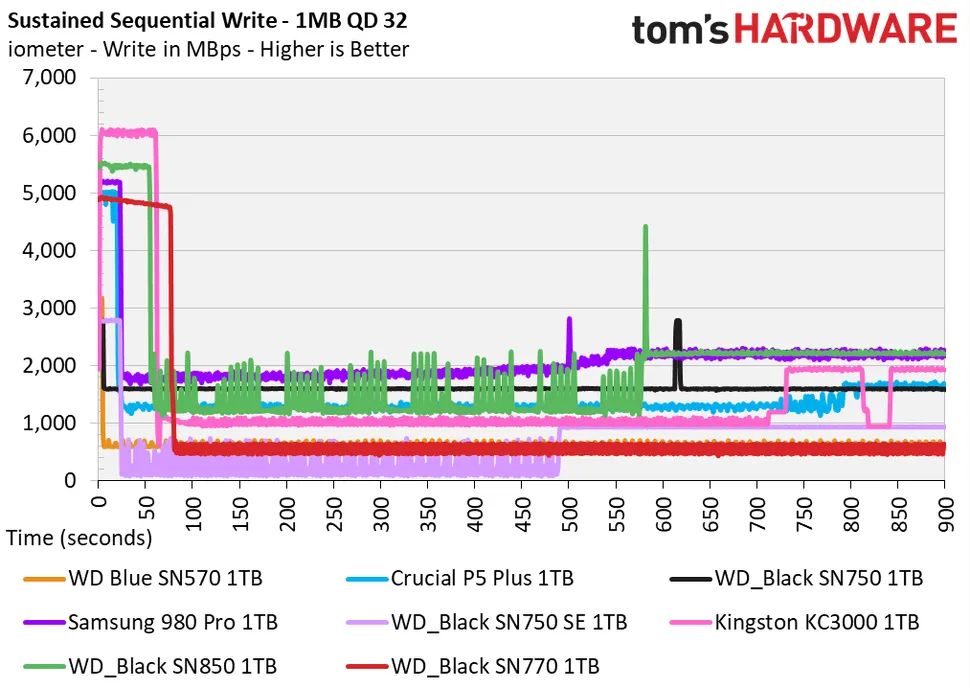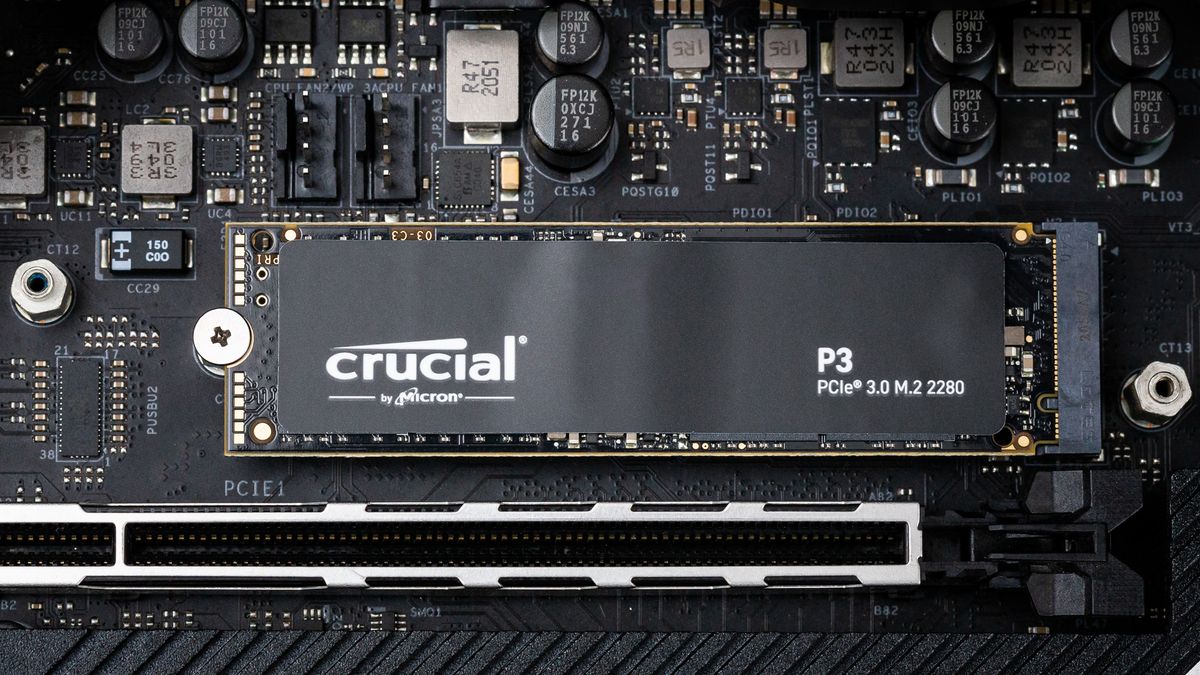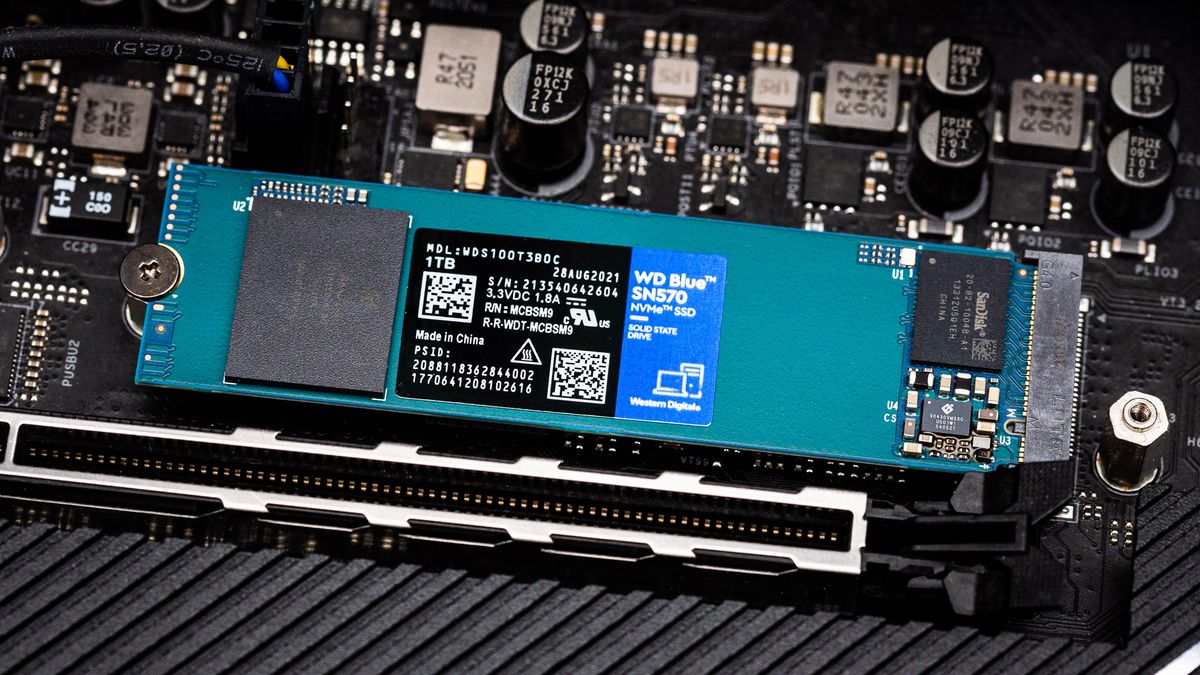FlyingVadapav
Disciple
Is it a good pick for OS boot and game loads? I currently use this one -> Kingston Digital SSD UV400 240GB SATA. My initial boot time on Win10 was 10sec. Now it's close to 25 seconds.Not a crazy deal but good price for only SATA SSD needs. Buy with caution. Keep in mind limitations of speed and your requirements.
Western Digital WD Green M.2 240GB, Up to 545MB/s, 2.5 Inch @1270 INR with selected bank cards.
Western Digital WD Green SATA 240GB @1308 INR with selected bank cards.
Last edited:






